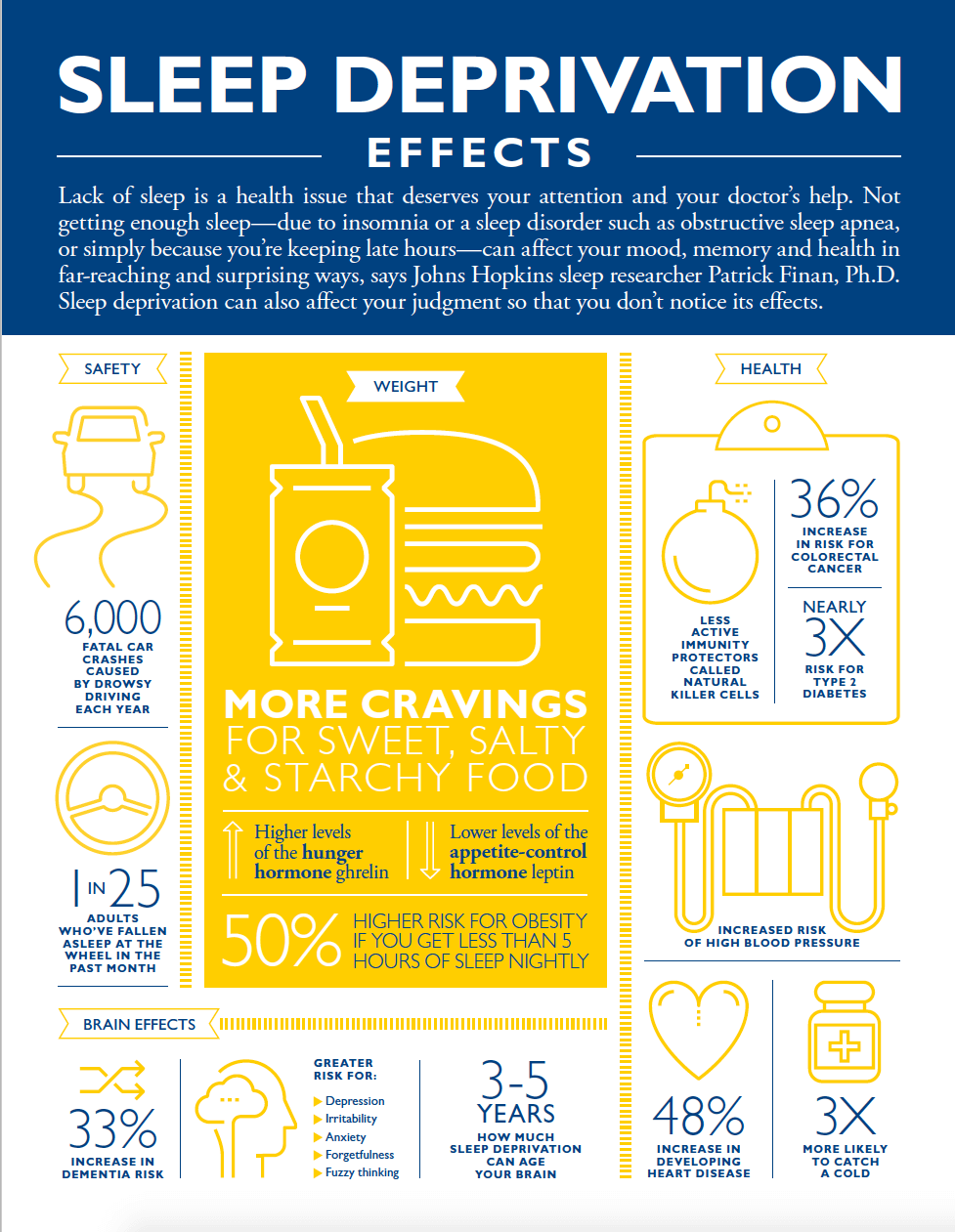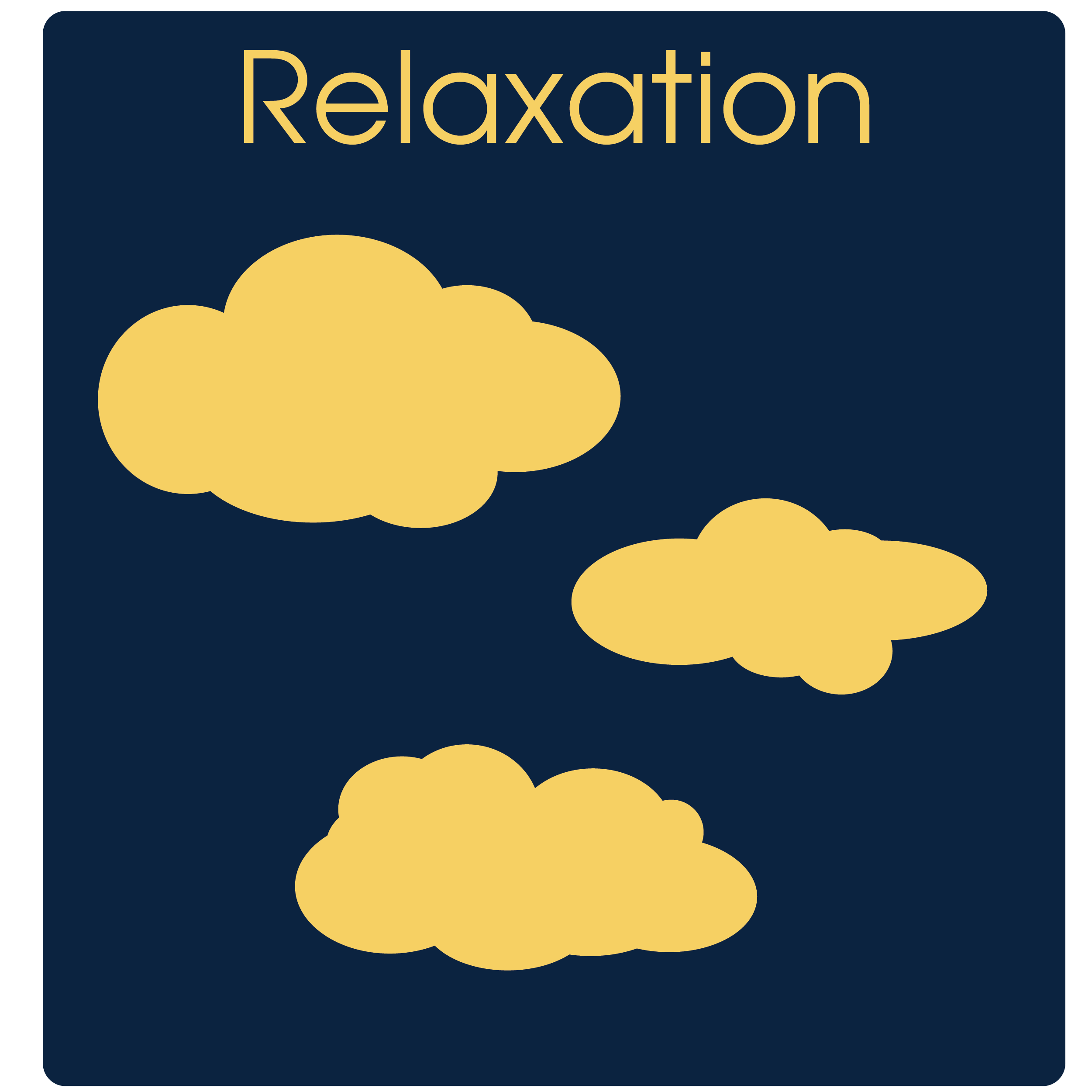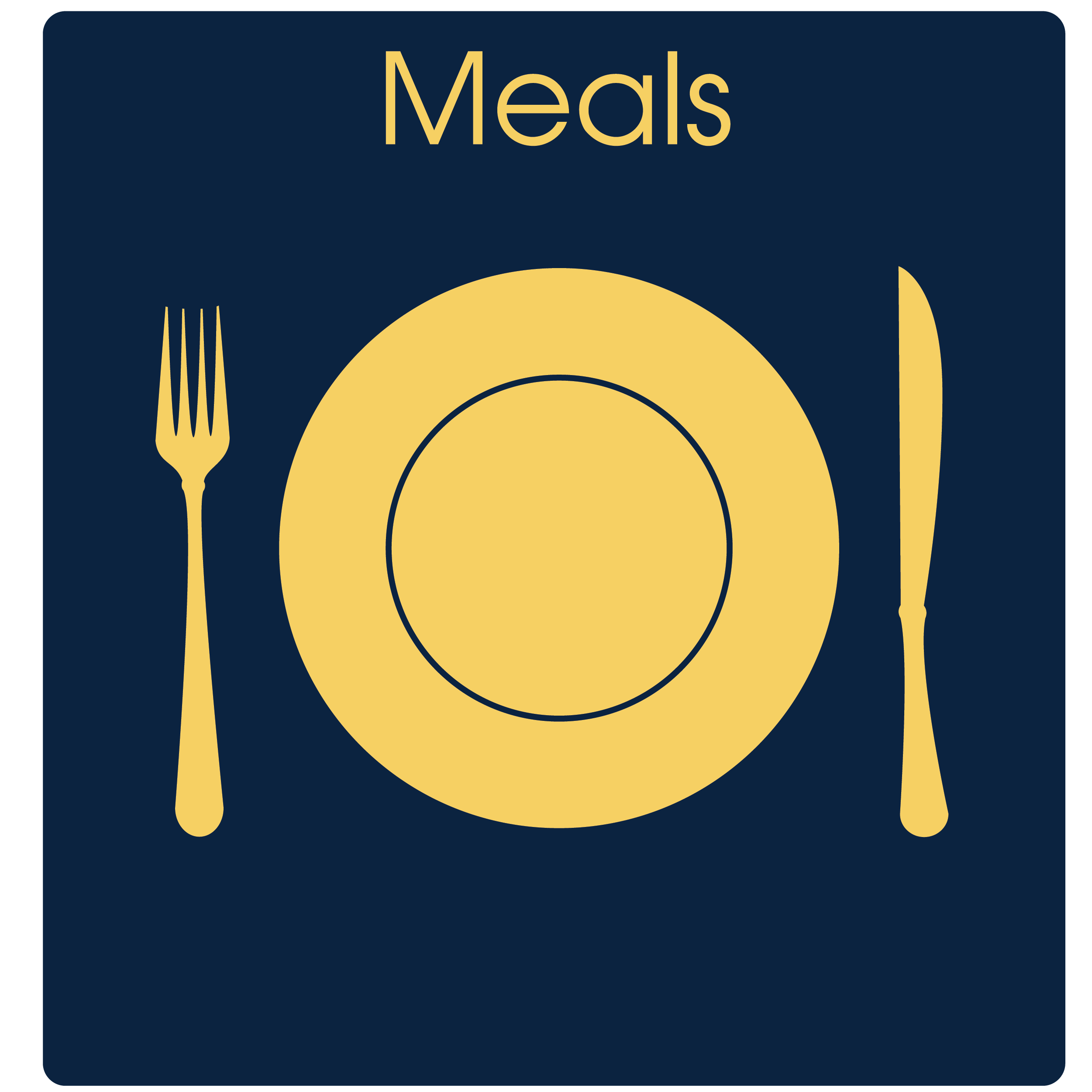Positively Managing Stress
Positive Ways to Manage Stress
Stress can be physical, mental, social, financial, or a combination. Stress is unavoidable, and we all experience stress in some form throughout our lives. However, there are a few coping strategies and healthy habits that can both reduce stress and protect against the negative effects stress can have on the body.
Please use these quick links to access information on this page directly:
Exercise Regularly
Being more physically active is one of the best things you can do to manage stress. Exercise reduces adrenaline and cortisol, two stress hormones that can have negative effects on both mental and physical health.
Why Exercise?
-Moving more can also reduce fatigue, improve blood flow, and relieve feelings of tension, anxiety and anger.
-Movement and exercise don’t have to be hard, or even involve going to the gym!
-How much exercise should I get? Find recommended exercise guidelines based on your age and health.
-Exercise can also be relaxing- find out how exercise helps relax you and reduces stress!
-Here are some exercise tips for manual laborers.
Here are some easy ways to exercise more
-Visit MSU Extension's Health & Wellness Physical Activity webpage for exercise programs, videos, and information on phyical activity
-Go for a walk outside with a friend instead of catching up over a beverage or dinner.
-Stand up and stretch during repetitive movements or activities.
-Schedule in short movement breaks while operating machinery or driving to increase blood flow and concentration.
-Start slow and take it easy but challenge yourself to increase the time spent being active each week or go further each time you walk.
-Get the whole family involved in a yard game or group walk.
Check out these videos that can be done from the comfort of your home
-Full Body Workout for Total Beginners
-Reduce Lower-back Pain with this Stretching Routine
Make Time to Relax
It might seem counter-intuitive to sit down and close your eyes during a stressful time, but sometimes, the most productive thing you can do is take a couple of minutes to breath and relax. Intentional relaxation slows our heart rate, reduces blood pressure, and can help you think more positively and react to stressful situations with more concentration and effective decision making.
Ways to Relax
-Visualization, mindfulness, walking meditations, or simply taking a short break from work are all ways to incorporate relaxation into your daily routine.
-Some people choose to relax by focusing on breathing, which is a key element of mindfulness meditation. Try these breathing techinques.
-Visualization, mindfulness, walking meditations, or simply taking a short break from work are all ways to incorporate relaxation into your daily routine.
-By definition, mindfulness is "a means of paying attention in a particular way; on purpose, in the present moment, and nonjudgmentally." - Jon Kabat-Zinn.
Give mindfulness a try by following along with any of these three meditations by Michelle Grocke, PhD: Visit our Meditations page to listen to any/all of these mindfulness visualizations:
-Try this free Mindfulness Relaxation Download
Eat Healthy Meals
Eating a well-balanced diet full of nutrients is the foundation of a healthy body. Healthy eating doesn’t have to be hard or expensive, and getting enough of what your body needs can help reduce stress and supply you with the energy and immune function to protect against disease and the negative effects of stress.
Recipes from Buy, Eat Live Better
-Eating enough healthy fats, veggies, and high-fiber foods can help protect against the toll stress takes on your body.
-High cortisol levels (the hormone your body produces when stressed) can increase cravings for fatty or sugary foods. To help with this, check out these tips for beating cravings.
Limit Alcohol and Caffeine
Alcohol is a depressant, which means that even small amounts can make you feel relaxed in the short term. In the long term, excessive alcohol consumption can compound the effects of stress. Excessive alcohol consumption may also lead to a shift in your hormonal balance and can make you less effective at managing stress.
-At the end of a hard day, unwind with some light exercise and a non-alcoholic treat, like one of these alcohol-free cocktails or a seltzer water.
Caffeine can make us feel alert and awake, but it also elevates cortisol levels, triggering our stress response. Excessive Caffeine impacts sleep quality and can be a problem for people with anxiety.
-The FDA recommends consuming no more than 400mg of caffeine per day (about 4 cups of regular-strength coffee). Some people are more sensitive to caffeine than others. If you experience nausea, headaches, or jitters- you may be over-caffeinated.
-Don’t forget that caffeine occurs in many foods like chocolate, and many beverages like soft drinks, green or black tea. Energy supplements also contain caffeine.
-Caffeine can lead to increased blood pressure and can make pre-existing anxiety even worse.
-Limiting caffeine can help improve sleep quality and quantity. Even if you can fall asleep after consuming caffeine, the stimulating effects can reduce the time you spend in deep sleep.
-Remember that one cup of coffee takes about 4-6 hours to metabolize, so try to avoid caffeine for at least six hours before bedtime.
Prioritize Quality Sleep
Sleeping enough on a regular schedule can help us regulate our mood, sharpen our judgement and concentration skills, and help us to cope with stress.
-Read this MontGuide by MSU Extension Sleep: Its Health Benefits, How Much You Need, and Strategies to Get More
-30% of Montana adults reported sleeping less than the recommended 7 hours per night.
-Sleeping too little is called "short sleep" and can be caused by stress itself.
-Fatigue and exhaustion can reduce reaction times and may increase mistakes or accidents/injury, which is especially important if you operate machinery.
-Getting quality sleep can protect you against negative health outcomes and can help
you better manage stress.
Need help sleeping?
-This video from Tech Insider features sleep expert and neuroscientist Matthew Walker, who gives his top five tips for achieving better sleep. Walker advises establishing a sleep schedule, avoiding screens and light before bed, keeping your room cool, avoiding alcohol and caffeine around bedtime, and training your brain to associate your bed with sleep. Walker also mentions practicing meditation for relaxing the mind and body.
-Some people enjoy a guided sleep meditation, while others prefer calming music or nature sounds to help them relax.
-Watch this lecture by Dr. Karman from Expert Sleep Medicine to learn more about farmers and sleep wellness.
Talk to Others: A Professional, Family or Friends:
While it is nice to have friends and family that listen to you talk about your stressors and how you are trying to cope, a neutral third party like a counsellor, therapist, or social worker can help you process why you are feeling the way you are, and give you some tips on how to cope. Talking with a professional provides a safe space to work through life challenges. Even if you don’t feel like you are in crisis, it could be helpful to talk to someone.
Consider talking to a professional counselor if you find yourself feeling overwhelmed, fatiqued, or disproportionately angry. Therapy may also help if you often feel afraid of people or public spaces, experience anxious or intrusive thoughts, apathy or lack of interest in the world around you. If you are experiencing hopelessness or social withdrawal, talking to a counselor may also be greatly beneficial to you.
Here are some options of whom to call:
Western Montana Mental Health Center offers online/phone therapy from the comfort of your home. Call 556-6500 to schedule or for any questions.
Summit Therapy Center PC offers in-person and telehealth counseling services in both Spanish and English at 547 South 20th Street W, Suite 5, Billings MT. Call 406-272-2606 to schedule or for any questions.
Human Development Clinic- MSU offers telehealth counseling services for individuals living across Montana. Call
(406) 994-4113 to schedule or for any questions.
Family and friends
Read "Responding to people under pressure under the big sky." for help determining the level of assistance to provide for a person you know suffering from stress
If you are feeling hopeless seek professional help immediately or call the Montana Suicide Prevention hotline at 1-800-273-TALK (8255) 24-hours a day, seven days a week or text "MT" to 741 741.
More Information
Find more detailed information on stress and stress management at nimh.nih.gov , cdc.gov, and mentalhealth.gov







